The deadline is fast approaching for the HEIF-6 funding call – 23rd July.
HEFCE provide Higher Education Innovation Funding (HEIF) to universities to facilitate a broad range of knowledge-based interactions between them and the wider world, which result in economic and social benefit to the UK. The current round of funding is referred to as HEIF-6 and runs from August 2017 to July 2022.
An internal call is now open for applications from BU colleagues who wish to develop innovative projects. Funding will be awarded to those applications that clearly demonstrate how new/existing collaborations will be developed and how societal/economic impact will be achieved. Interdisciplinary and/or cross-Faculty/PS proposals are encouraged, as are proposals with international collaborators.
We anticipate making awards of £10k-100k per project per year. Projects should be between one and three years in duration and must align to one of BU’s HEIF-6 themes:
- Advanced manufacturing
- Health (focusing on digital health and e-health)
- Digital and creative
Colleagues wishing to apply should read BU’s HEIF-6 strategy and the HEIF-6 FAQs before completing the HEIF-6 application form. These documents can be found on the i-drive (I:\R&KEO\Public\HEIF 6). Applications must be supported by the Project Lead’s Faculty and signed by the relevant Deputy Dean (Research and Professional Practice). Any queries should be sent to Julie Northam (jnortham@bournemouth.ac.uk) in the first instance.
Completed applications should be sent to Rebecca Edwards (redwards@bournemouth.ac.uk) by midnight on Sunday 23rd July. We aim to confirm the outcomes within a fortnight of the closing date.
 The deadline is fast approaching for the HEIF-6 funding call – 23rd July.
The deadline is fast approaching for the HEIF-6 funding call – 23rd July.

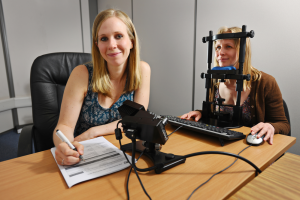
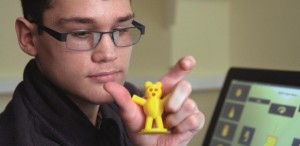

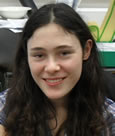

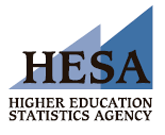


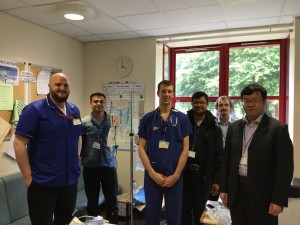
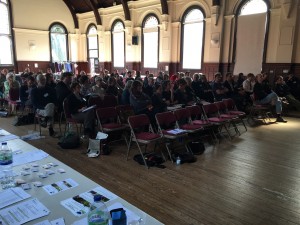
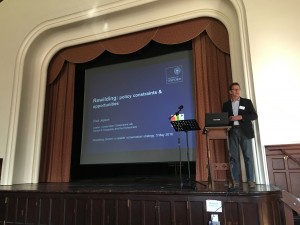
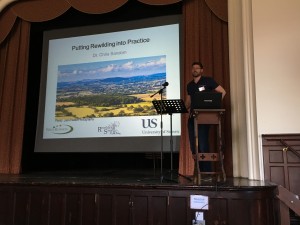
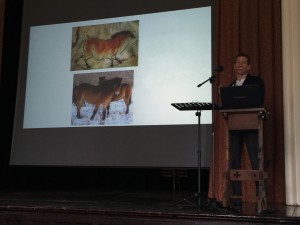
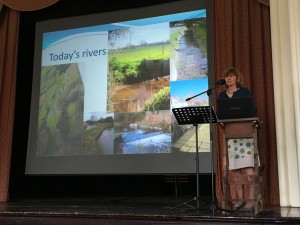
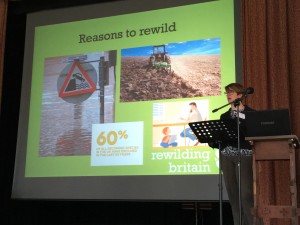
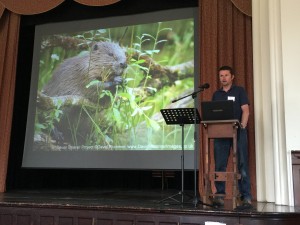
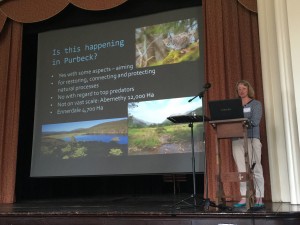
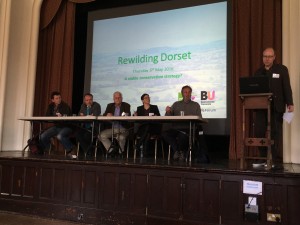
 REF
REF Research funding
Research funding NCUB
NCUB










 ESRC Festival of Social Science 2025 – Reflecting back and looking ahead to 2026
ESRC Festival of Social Science 2025 – Reflecting back and looking ahead to 2026 3C Event: Research Culture, Community & Cookies – Tuesday 13 January 10-11am
3C Event: Research Culture, Community & Cookies – Tuesday 13 January 10-11am Dr. Chloe Casey on Sky News
Dr. Chloe Casey on Sky News Final Bournemouth University publication of 2025
Final Bournemouth University publication of 2025 On Christmas Day in the Morning…
On Christmas Day in the Morning… ECR Funding Open Call: Research Culture & Community Grant – Application Deadline Friday 12 December
ECR Funding Open Call: Research Culture & Community Grant – Application Deadline Friday 12 December MSCA Postdoctoral Fellowships 2025 Call
MSCA Postdoctoral Fellowships 2025 Call ERC Advanced Grant 2025 Webinar
ERC Advanced Grant 2025 Webinar Horizon Europe Work Programme 2025 Published
Horizon Europe Work Programme 2025 Published Update on UKRO services
Update on UKRO services European research project exploring use of ‘virtual twins’ to better manage metabolic associated fatty liver disease
European research project exploring use of ‘virtual twins’ to better manage metabolic associated fatty liver disease